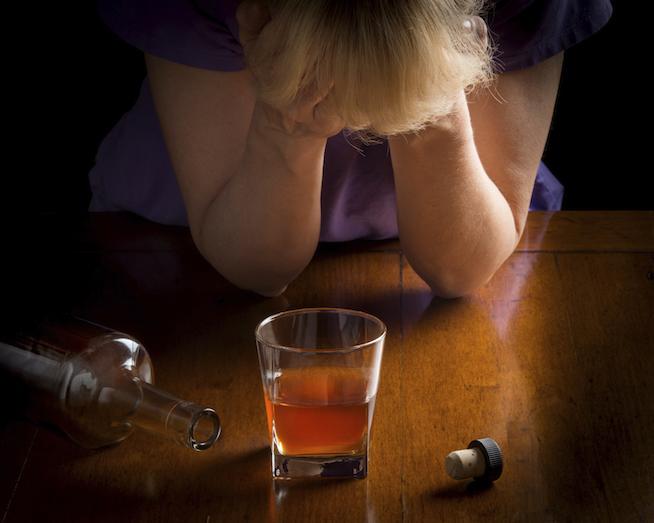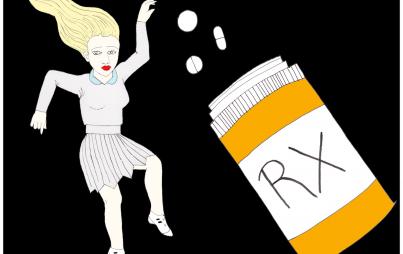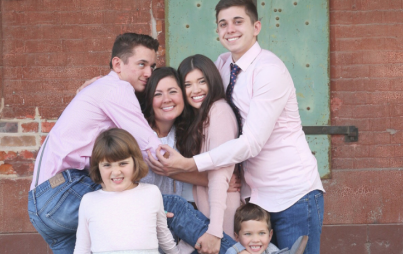
Loving someone who struggles with alcoholism and addiction is one of the hardest things to do. It’s a drain on friends and family in both financial and emotional ways. It comes with ups and downs, characterized by periods of hope . . . and followed by devastation when you’re let down yet again. Watching someone you care about slowly kill themselves is heartbreaking for everyone involved.
As a recovered alcoholic and addict, one of the hardest things for me to face was realizing the harm I’d caused the people I loved the most. When I was in the thick of my active addiction, I lied, cheated, and stole in order to keep going. The people that bore the brunt of that were my family and friends. In their eagerness to help me, they were often willing to do whatever I asked, and I took full advantage of that.
Supporting someone who is in active addiction is different than supporting someone dealing with any other problem. The things that are actually helpful go against everything we’re taught supporting someone should look like. Addicts are all too able to take advantage of things like a family’s unconditional acceptance and forgiveness or validation of their truth and feelings. Here are some no-nonsense tips for supporting someone struggling with addiction. When they were used with me, they were indispensable to me being able to get (and stay) sober.
1. Don’t co-sign their BS.
Alcoholics and addicts are charming and manipulative. We have to be, in order to get away with our antics for so long. We talk a good game and we want you to give us permission to go do whatever ill-advised thing we’re thinking of doing. Don’t fall for it. Any shortcut to recovery your loved one thinks will work probably won’t, and any justification to leave treatment/sober living early or cut back on their recovery program is just their disease trying to get them as far away from a solution as it can. When I was getting well, someone told me that I’d know I was getting better if I could make a list of things I didn’t want to do and then be crossing things off that list.
2. Be skeptical of everything they say.
As addicts and alcoholics, we’re full of crap. Sometimes intentionally, sometimes unintentionally. But when you’ve spent years minimizing your use or downplaying the consequences (so as not to let on how bad it actually is), or pretending to be someone you’re not because you hate yourself so much, changing the behavior doesn’t happen overnight. Dishonesty is a big part of our disease. There’s probably a grain of truth to what you’re being told, but take it with a grain of salt. Trust your gut: If something doesn’t feel right, it probably isn’t. And if your loved one hasn’t given you reason to trust them, wait until they do.
3. Don’t be afraid to set boundaries.
In fact, you have to be willing to set boundaries. As addicts, give us an inch and we’ll take a mile. It’s actually an act of love and compassion for you to refuse to allow your loved one to walk all over you. It’s OK to say, “No, you can’t stay with me.” Or, “I won’t see you if you’re not sober.” Or, “I will not give you another cent.” Without consequences, we’ll never get well. Sometimes the right thing to do is the hardest, but letting us fall may be the thing that finally allows us to get better.
4. Don’t work harder for their recovery than they do.
You can’t will your loved one to get better — they’ll get it when they’re ready and not a second sooner. Everyone’s “bottom” is different. Don’t hassle them to go to meetings or stop using or go to treatment. That will just make them resent you and pull further away. Plus, it won’t work anyway and you’ll be nothing but frustrated.
5. Take care of the one person whose wellness you do have control over - you.
At the end of the day, you can’t control if and when your loved one gets sober. That’s their own journey. But you do have control over your own well-being and how you cope with the effects of their addiction. Seek support, whether it’s at 12-step meetings for loved ones or therapy. Not only will taking care of yourself help you deal with loving someone who’s struggling with addiction, but when you get well, it can also help them get well, too.






